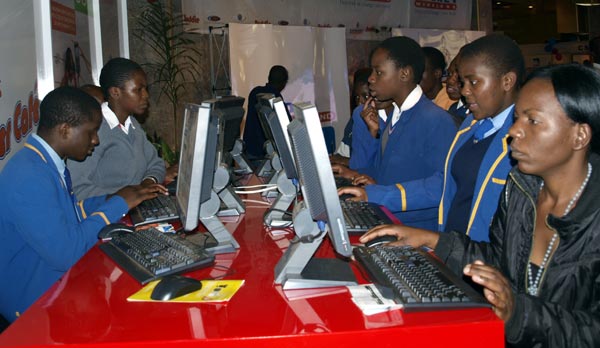The primary education completion rate in Zimbabwe is 89%, according to Zimbabwe Education Fact Sheets | 2021.
While the figure is better than the 78.63% average primary school completion rate across 19 African countries in 2020, the goal should be nothing less than 100%.
The opening report adds that education completion rates among Zimbabwean children in the upper secondary schools drop precipitously to 15%. And children in rural areas fare far worse in completion rates than those in urban areas in the country.
A sound education is essential for children who will become the foundation of Zimbabwe in the future. So, children and their parents should be encouraged to prioritize schooling at the primary, upper secondary, and beyond.
There are several things that children in Zimbabwe need to succeed academically. Keep on reading to find out what they are and why they’re necessary.
Supportive Home Environment
Zimbabwean parents need to understand the importance of education for their children. When parents place a priority on educating their children, the children will view education as a priority.
The fact that there’s such a gap between the primary school and the upper secondary school completion rates is troubling. Of course, the cost for the latter is a significant issue. Some parents can’t afford the cost to educate their children beyond primary. In fact, some parents have enrolled their children in home-based schools nearby. This option can cut down on costs and make education more affordable.
When parents make these types of efforts, children will see the importance of a good education. They should be encouraged to work hard, do their homework, strive to achieve their goals, and understand that their education is beneficial.
Proper Nutrition
According to one source, north of one-third of the children in Zimbabwe suffer from malnutrition. In addition to leading to a whole host of problems like anemia and stunted growth, malnutrition can make it difficult for children to focus on their studies.
One U.S. study shows that almost three-quarters of educators have kids in their classes who regularly come to school with empty stomachs. And nearly half of the kids from low-income households say that hunger has a negative effect on their academic performance. Many reports demonstrate that hungry kids won’t learn as much as well-nourished kids. This is true in Zimbabwe, the U.S., and elsewhere.
So, it’s vital to ensure that children have access to enough food and water to survive, thrive, and reach their full potential in the classroom.
The Right Tools and Equipment
In order to help children achieve their academic goals, they need the right tools and equipment in the classroom. Depending on the school or course, this might include computers and access to the internet for schoolwork and research purposes. Children will also need basics like backpacks, pens and pencils, notebooks, and other things. Parents need to stay in the loop and learn what their children will need for their classes. While parents might not be able to afford everything their children need in the classroom, they should at least strive to get the basics.
Preparing children for success in the classroom starts with parents and educators. Children are the future — but they’re also the present since how they’re cared for now will largely determine how they fare in the future.
In order to equip children to step up and fill the roles they need to later, they need to be educated and nurtured now. Prioritizing education and setting children up to succeed will pay off for them, their communities, and Zimbabwe as a whole.














